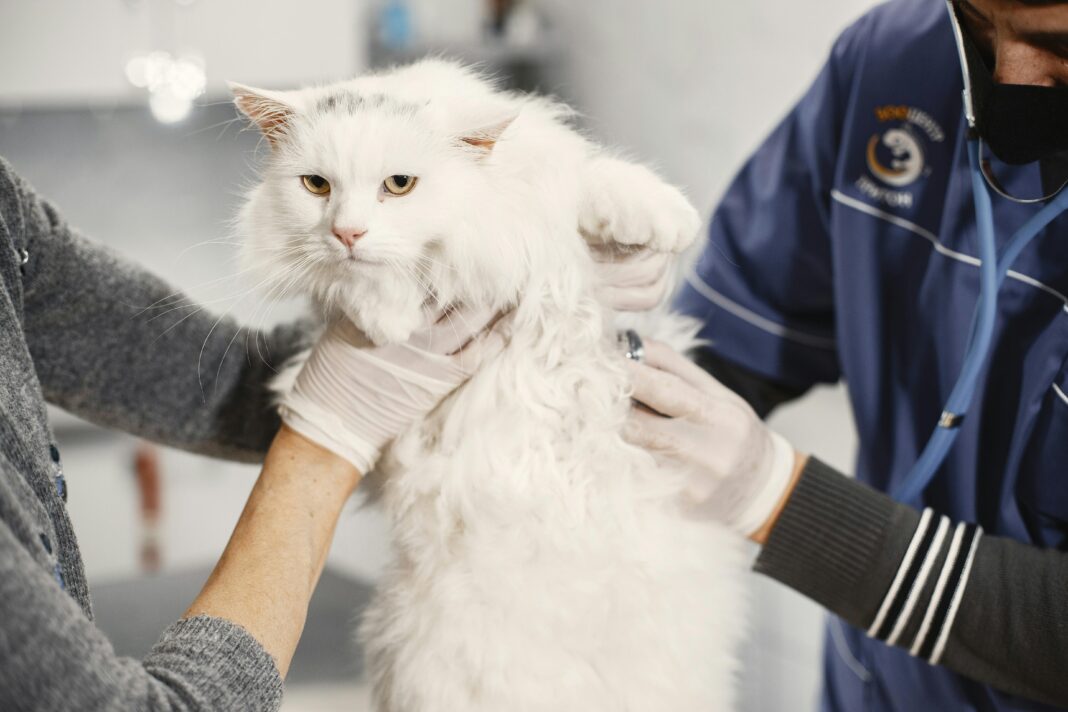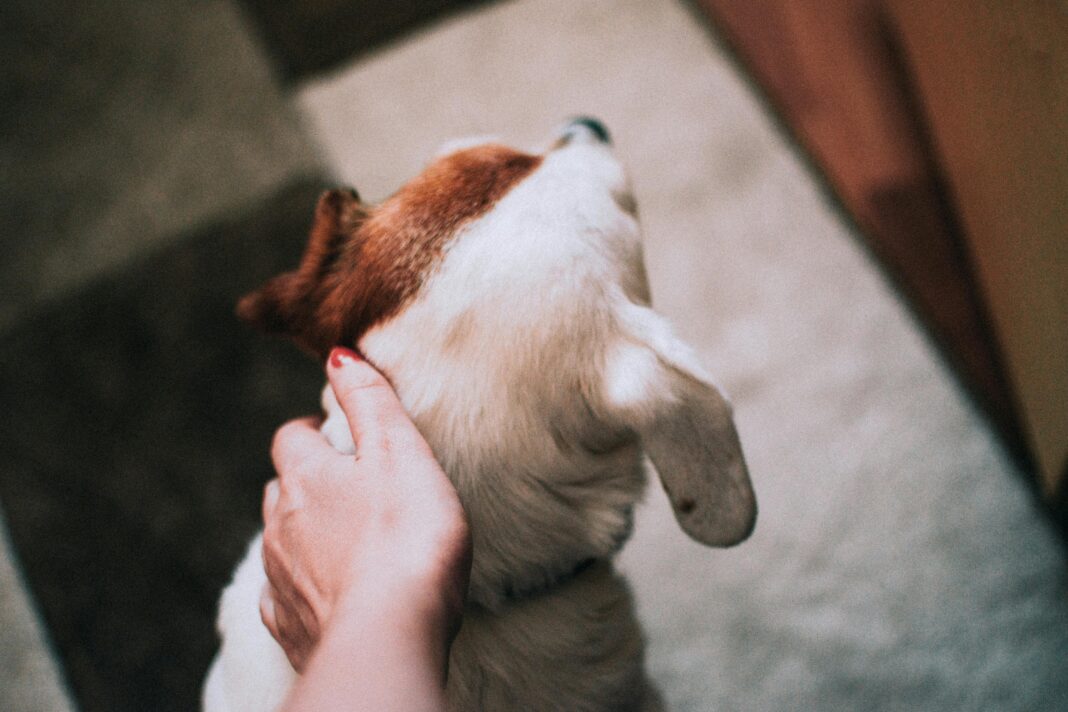As a devoted cat owner, ensuring your fur baby remains healthy is a top priority. One of the most effective ways to safeguard your cat’s health is through vaccinations. Understanding the essential vaccination schedule can prevent serious diseases, keep your pet healthy, and provide peace of mind. In this guide, we’ll explore everything you need to know about cat vaccinations, from what they are to when to vaccinate.
What Are Cat Vaccinations?
Cat vaccinations are injections that help boost your cat’s immunity against specific infectious diseases. By stimulating the immune system, vaccines prepare your cat’s body to recognize and fight off pathogens without the cat actually becoming ill. Vaccinations are a key component of preventive health care and are necessary for both indoor and outdoor cats.
Importance of Vaccinations
Vaccinations protect not only your cat but also other pets and even humans from zoonotic diseases (those that can be transmitted from animals to humans). They help maintain herd immunity, reducing the overall prevalence of diseases in the community. Furthermore, keeping your cat vaccinated is often a requirement if you plan to board your pet, groom it, or participate in local cat shows.
Essential Vaccines for Cats
Vaccines are generally classified into two categories: core vaccines and non-core vaccines.
Core Vaccines
These are recommended for all cats regardless of lifestyle:
-
- Rabies: A deadly viral disease that can be transmitted to humans. Vaccination typically begins at 12-16 weeks of age, with a booster after one year.
-
- Feline Rhinotracheitis, Calicivirus, and Panleukopenia (FVRCP): This combination vaccine protects against multiple respiratory and systemic illnesses. The first dose is given at 6-8 weeks of age, followed by boosters every 3-4 weeks until the cat is 16 weeks old.
Non-Core Vaccines
These vaccines depend on your cat’s lifestyle and risk factors:
-
- Feline Leukemia Virus (FeLV): Recommended for outdoor cats or those living with other FeLV-positive cats. The initial vaccine is given at around 8 weeks of age with a booster after 12 weeks.
-
- Feline Immunodeficiency Virus (FIV): Important for cats at risk of fighting and those in multi-cat households. Discuss this with your vet for the best schedule.
Cat Vaccination Schedule
To ensure your cat is fully protected, here’s a typical vaccination schedule:
Kitten Vaccination Schedule
-
- 6-8 weeks: First FVRCP and FeLV.
-
- 12 weeks: Second FVRCP and FeLV, Rabies.
-
- 16 weeks: Third FVRCP.
Adult Vaccination Schedule
After initial vaccinations:
-
- FVRCP: Boosters every 3 years.
- Rabies: Annual or every 3 years depending on the vaccine used.
- FeLV: Boosters annually if the cat is at risk.
Potential Side Effects of Vaccinations
While vaccines are generally safe, some cats may experience mild side effects. Common reactions include:
-
- Lethargy: A common reaction after vaccination; usually resolves in 1-2 days.
-
- Mild Fever: Temporary and typically not a cause for concern.
-
- Localized Swelling: At the injection site, which usually fades within a few days.
In rare cases, more serious reactions like anaphylaxis can occur, requiring immediate veterinary attention. Always consult your veterinarian if you notice anything concerning within a day or two of vaccination.
Tips for Keeping Your Cat Healthy During Vaccination
-
- Schedule Transfers Wisely: Try to schedule vaccinations around times when your cat is generally calm, avoiding busy periods that may stress them.
-
- Transport Comfortably: Use a sturdy, comfortable carrier to minimize stress during travel.
-
- Observe Post-Vaccination: Keep an eye on your cat for 24 hours after vaccinations to monitor for any adverse reactions.
-
- Discuss Concerns: Always voice any concerns with your vet, especially if your cat has had previous reactions to vaccines.
How to Choose the Right Veterinarian
Selecting a veterinarian who is knowledgeable about cat vaccinations is essential. Here are a few tips:
-
- Look for Experience: Choose a vet who specializes in feline care.
-
- Check Reviews: Read online reviews and ask for recommendations from other cat owners.
-
- Discuss Your Pet’s Lifestyle: A good vet will tailor the vaccination plan to fit your cat’s specific lifestyle and health needs.
Conclusion
Staying informed about your cat’s vaccination needs is crucial for their long-term health and happiness. Prioritizing their vaccination schedule not only protects your own pet but also contributes to the health of the broader pet community. By understanding the essential vaccines and adhering to the recommended vaccination schedule, you can give your beloved feline a strong start and a long, healthy life. Stay proactive, and consult your veterinarian regularly to ensure your cat remains healthy and happy for years to come.





